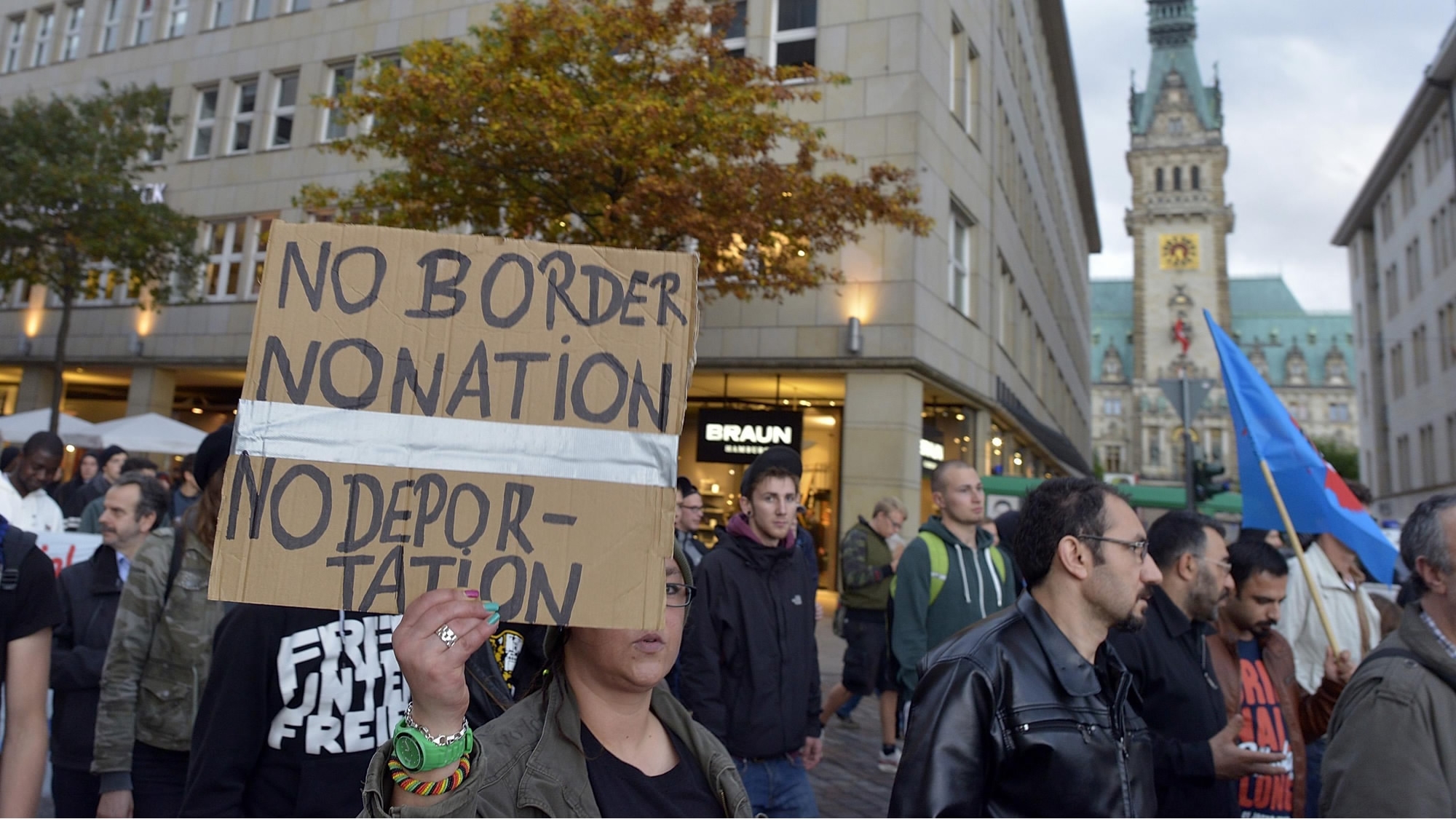The German Interior Ministry has proposed a new law that would allow authorities to examine asylum seekers’ mobile phones for identity checks without demanding a warrant or consent.
This new bill aims to prevent refugees from using false identities and would facilitate “better enforcement of departure orders,” according to the Interior Ministry.

German Interior Minister Thomas de Maiziere arrives for the weekly cabinet meeting on February 15, 2017 at the Chancellery in Berlin, Germany. /CFP Photo
Ever since the Berlin Christmas market attack, the German government has proposed a slew of new, tougher measures. Anis Amri, the Tunisian suspected of being behind the attack, reportedly hid behind 14 different identities.
Around 213,000 asylum seekers have “enforceable departure orders” in Germany, according to foreign registration figures. But deportations are often delayed or hindered when a country of origin denies citizenship, or delays taking them back - as happened in the case of Amri.

Police conduct a patrol at the re-opened Christmas market at Breitscheid Square in Berlin, Germany, December 22, 2016. /CFP Photo
Currently, only the Federal Office of Migration and Refugees (BAMF) is allowed to obtain cell phone data from refugees with their consent. Otherwise, authorities are only able to see the contents of a phone with a court order, which can only be granted if there is suspicion of a criminal offense.
The proposal first has to be approved by the ministry, and after that it may be put to a vote in parliament. “No detailed information could be provided on the individual arrangements” until a final decision has been made, the ministry said to local media.

Refugees from Africa and supporters participate in a demonstration on October 23, 2013 in Hamburg, Germany. /CFP Photo
The Interior Ministry estimates that last year some 50 to 60 percent of asylum seekers, about 150,000 people, would have been affected had the bill been in effect.
Earlier this month, BAMF, which is currently dealing with a backlog of some 430,000 unprocessed asylum applications, called for the fingerprinting of all asylum seekers. Authorities explained that refugees sometimes give out fake personal details out of fear of imminent deportation, or to cheat the system for more social benefits.
The collection of cell phone data by immigration authorities has been allowed in principle since a legal amendment in 2015. At the time, the German federal council voiced concerns that collecting data from phones or laptops could “harm the inviolable core principle of private life.”
7367km










